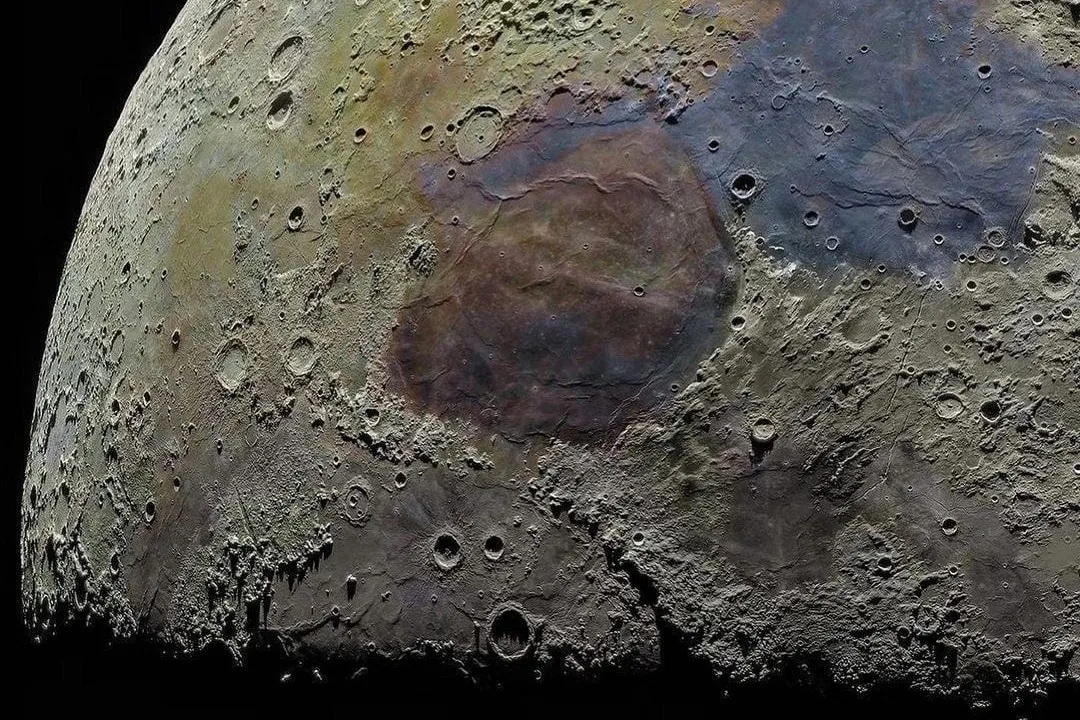After eight years of ignoring Ibero-America and the Caribbean, the European Union had hoped to make the July 17-18 heads of state and government summit in Brussels with the Community of Latin American and Caribbean States (CELAC) a lovefest, a rekindling of a dormant friendship, as European Commission president Ursula von der Leyen gushed in her opening speech “Europe aspires to be the partner of choice for Latin America and the Caribbean.”
Von der Leyen didn’t hide that the EU plans to counter China’s presence in the Caribbean and Ibero-America, posing the fraudulent Global Gateway Agenda as something akin to China’s Belt and Road Initiative infrastructure development program. She offered 45 billion euros in investments through 2027 to CELAC institutions and governments and promised that 135 projects were ready to be launched at any moment. Green hydrogen, renewables, decarbonization, digitization of services, and extraction of “critical minerals” for local processing are part of this “development” agenda.
Over the course of the summit, individual CELAC nations signed agreements with EU governments in a variety of fields. But, as Associated Press reported this morning, a “diplomatic fracas” erupted as CELAC leaders refused to accept proposed EU wording in a final statement that condemned Russia’s invasion of Ukraine. Amidst growing tensions, ambassadors from both blocs worked overnight Monday into Tuesday morning to come up with a bland enough formulation that could finally be accepted by everyone. Only Nicaragua refused to sign onto the final document.
EU leaders were also disgruntled that CELAC’s rotating chair, Dr. Ralph Goncalves, Prime Minister of St. Vincent and the Grenadines, said he hoped the summit would discuss “the historical legacies of native genocide and enslavement of African bodies” and propose “something towards reparative justice.”




